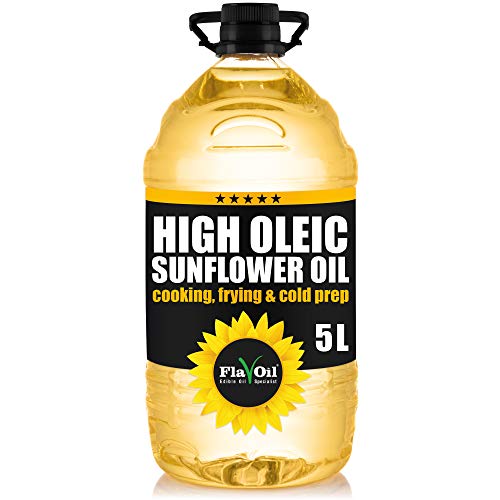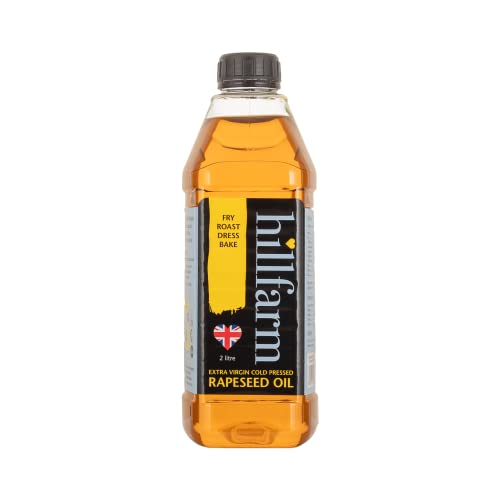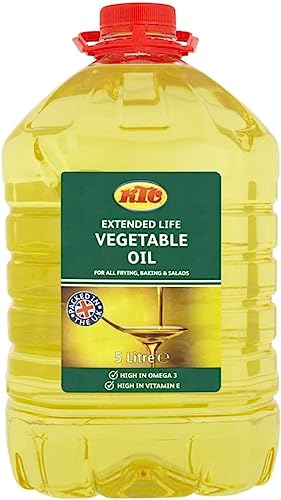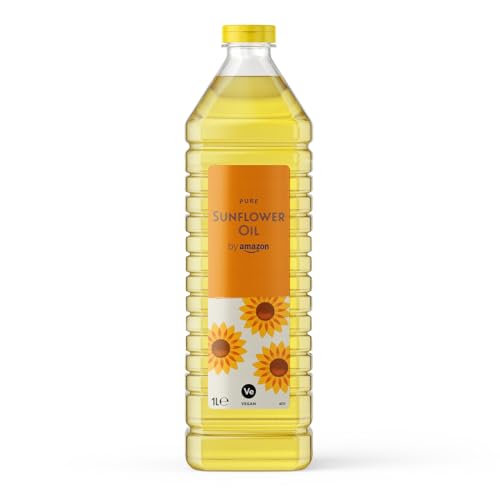Understanding the Importance of Choosing the Right Oil for Frying
Why Oil Selection Matters
Picking the right oil for frying can significantly impact not just the taste of our food but also our health. Imagine frying a batch of crispy potatoes in a low-quality oil; the resulting flavour can be lacklustre and greasy. On the other hand, a good quality oil enhances the food’s natural flavours and ensures that the final dish is both delicious and satisfying. Additionally, different oils have unique characteristics that can either complement or overpower the dish, making the choice all the more crucial.
Types of Cooking Oils: What Works Best for Frying
Common Oils for Frying
When considering oils for frying, we typically encounter a range of options, each with their own properties. Some of the most popular include vegetable oil, canola oil, sunflower oil, and peanut oil. These oils have high smoke points, allowing them to withstand the heat associated with frying without burning. Olive oil, though widely celebrated in cooking, might not be the best choice for deep frying due to its lower smoke point, but it can add flavour when used in shallow frying or sautéing.
How to Select Oil Based on Smoke Point and Flavour
Understanding Smoke Points
Smoke point refers to the temperature at which oil begins to smoke and degrade, affecting the taste and safety of our food. For frying, we want oils with a high smoke point of at least 180°C (356°F). Oils like canola, peanut, and safflower fit this bill perfectly. Furthermore, the flavour of oil impacts our dishes as well; for example, an oil with a neutral taste, like canola, allows the ingredients’ flavours to shine through, while oils such as sesame add a distinctive taste, which can be desirable in specific cuisines.
Health Considerations: Choosing Oils that Suit Your Diet
Choosing Healthier Options
When it comes to health, selecting the right frying oil can also play a significant role in our diets. Oils rich in unsaturated fats, like olive oil and avocado oil, can provide beneficial nutrients compared to those high in saturated fats. We should also be aware of trans fats found in some processed oils, as these can pose health risks. Opting for oils that are less processed, and rich in antioxidants can contribute positively to our health without compromising the taste of our fried foods.
Practical Tips for Storing and Using Frying Oils
Maximising Oil Quality
To ensure our frying oil remains in its best condition, proper storage is essential. We recommend keeping oil in a cool, dark place, away from heat and sunlight, which can deteriorate its quality. Using an airtight container helps prevent oxidation. When frying, avoid mixing used oil with fresh oil as this can affect the flavour and smoke point. After frying, let the oil cool, strain it through a fine mesh to remove food particles, and store it for future frying sessions, but don’t reuse it indefinitely; a few uses is generally best.

















